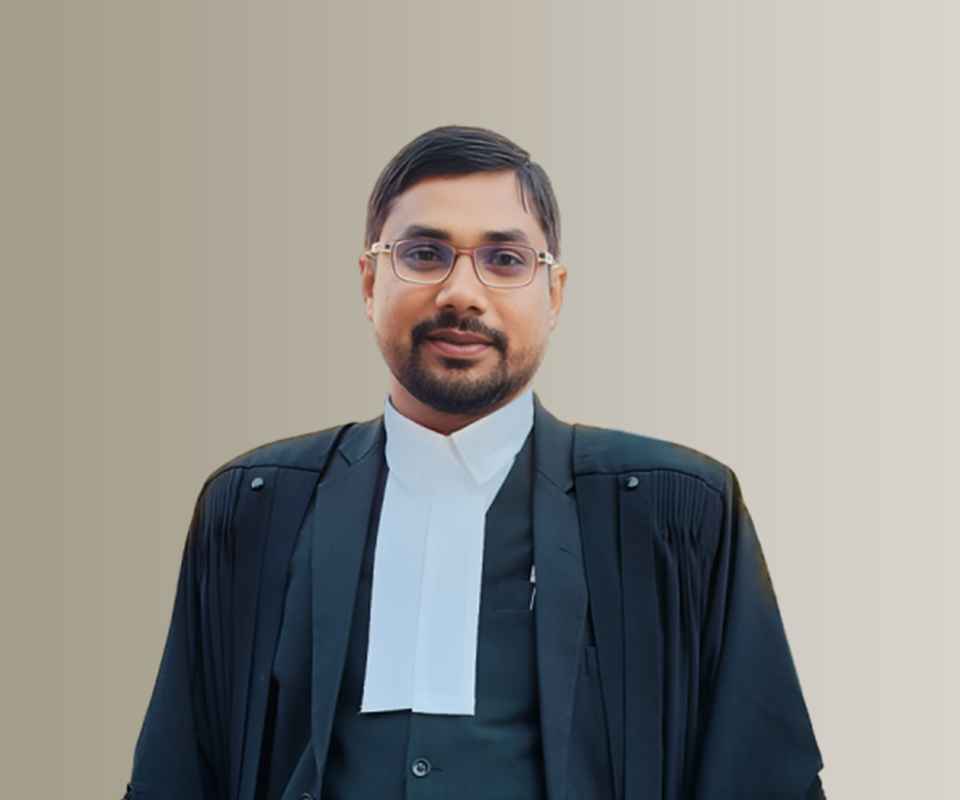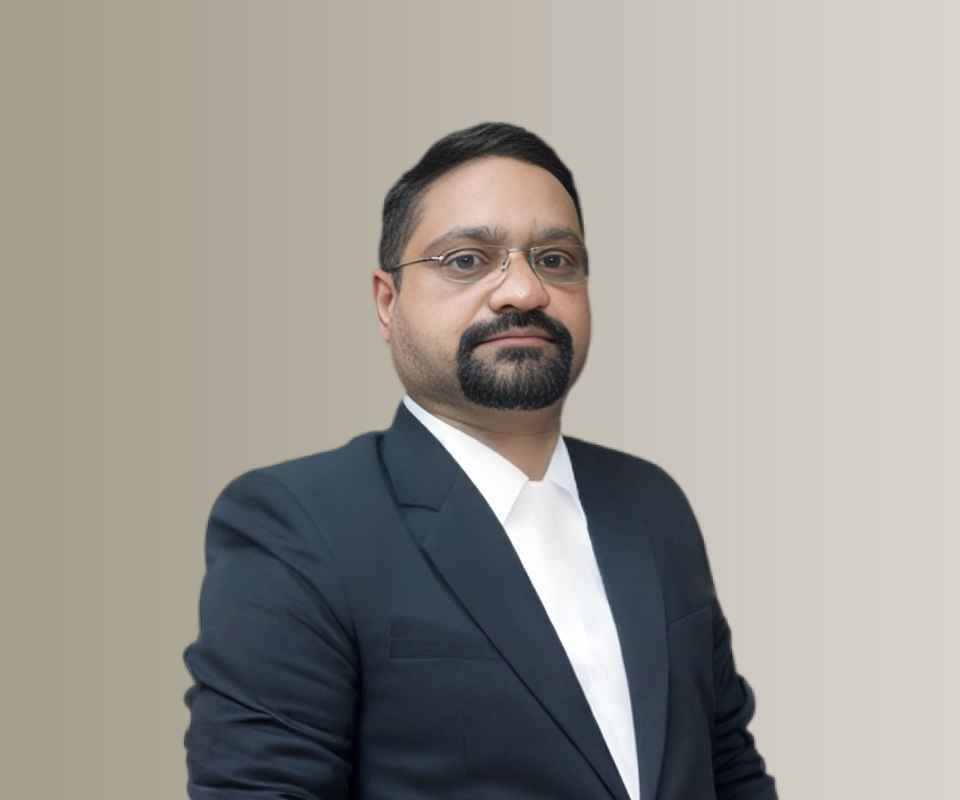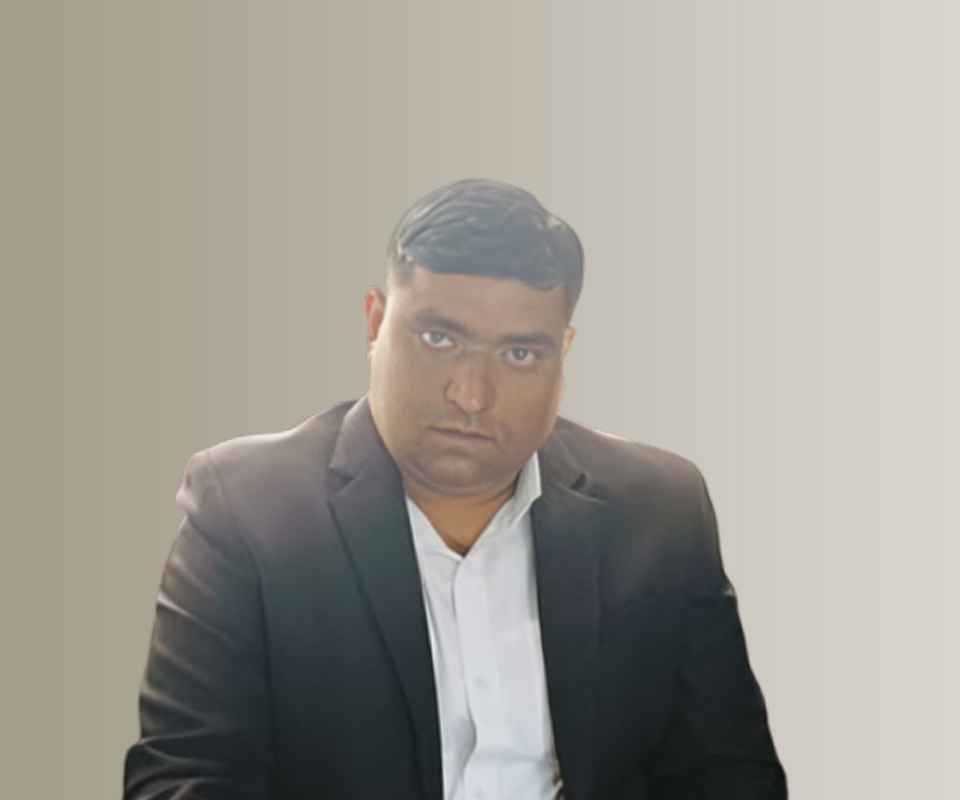Answer By law4u team
Constitution Of India Article 142: Enforcement of Decrees and Orders of Supreme Court and Orders as to Discovery, etc.
(1) The Supreme Court, in the exercise of its jurisdiction, may pass such decree or make such order as is necessary for doing complete justice in any cause or matter pending before it. Any decree passed or order made shall be enforceable throughout the territory of India in such manner as may be prescribed by or under any law made by Parliament, and, until provision in that behalf is so made, in such manner as the President may by order prescribe.
(2) Subject to the provisions of any law made in this behalf by Parliament, the Supreme Court shall, as respects the whole of the territory of India, have all and every power to make any order for the purpose of securing the attendance of any person, the discovery or production of any documents, or the investigation or punishment of any contempt of itself.
Brief Detail
Article 142 grants the Supreme Court the authority to pass orders or decrees necessary to ensure complete justice in matters before it. It further gives the Court powers to enforce these orders across the territory of India and ensures that the Supreme Court has the necessary powers for securing attendance, discovering documents, or addressing contempt issues related to its jurisdiction.
Question & Answers
What powers are granted to the Supreme Court under Article 142?
Article 142 grants the Supreme Court the power to issue orders and decrees that are necessary to do complete justice in any case. It also allows the Court to make orders to secure the attendance of individuals, discover documents, and punish contempt of its authority, with enforceability across India.
What is the scope of enforceability of the Supreme Court's orders?
The orders and decrees of the Supreme Court are enforceable throughout India, in the manner prescribed by Parliament or, in the absence of such legislation, as prescribed by the President.
Example
For example, if the Supreme Court orders a party to produce certain documents, it has the power to ensure compliance across all states in India. Similarly, if a party is found guilty of contempt of court, the Supreme Court has the authority to take action against that individual anywhere in India.
Summary
Article 142 gives the Supreme Court the authority to pass and enforce orders and decrees necessary for complete justice in its matters. It also enables the Court to enforce its orders across India, with full powers to secure attendance and punish contempt.







